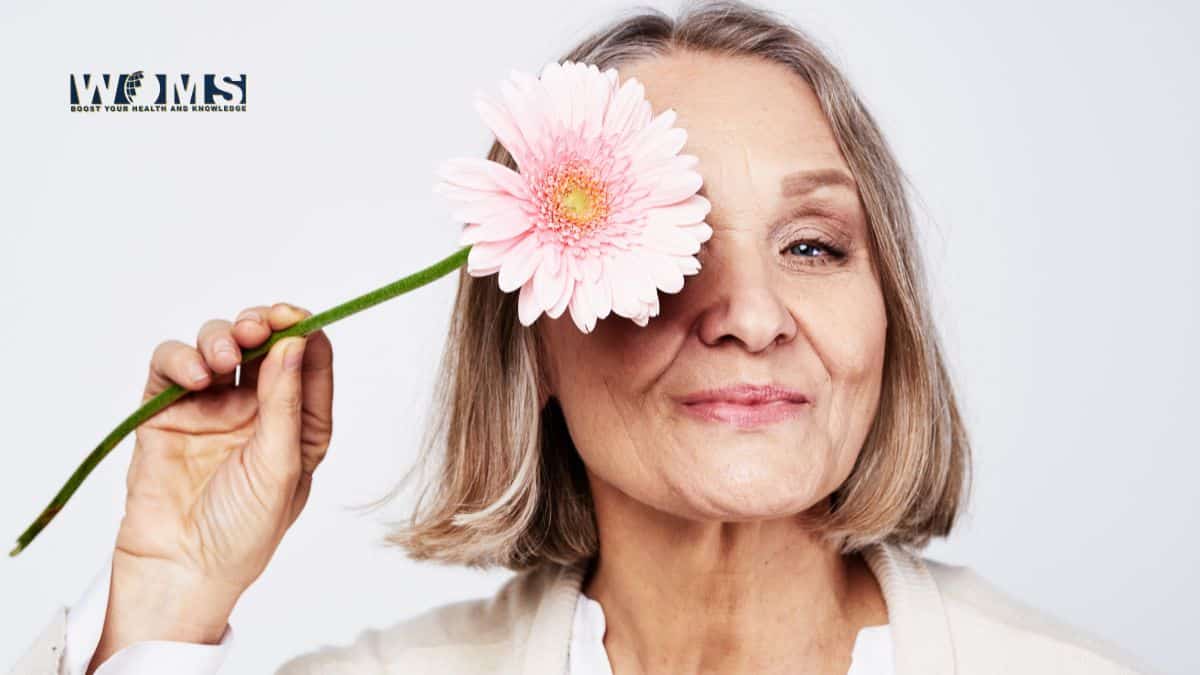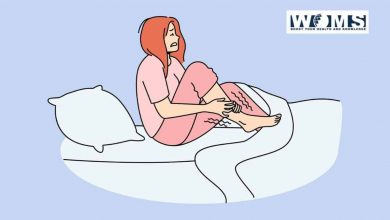A Holistic Approach to Confidence in the Menopause

Menopause is a natural phase in every woman’s life, marking the end of her reproductive years. It typically occurs between the ages of 45 and 55, and with it comes a series of physical and emotional changes. However, menopause doesn’t have to be a dreaded milestone. By embracing a holistic approach to managing menopausal symptoms, women can navigate this transition with confidence and grace. In this article, we’ll explore how to harness the power of holistic health to thrive during menopause.
Understanding Menopause
Before delving into holistic strategies for managing menopause, it’s essential to understand what’s happening in the body. Menopause is characterized by the natural decline of reproductive hormones, primarily estrogen and progesterone. This hormonal shift leads to various symptoms, including hot flashes, mood swings, vaginal dryness, and changes in bone density.
Common Symptoms of Menopause
Menopausal symptoms can vary in severity and duration among women. While not every woman will experience every symptom, it’s essential to be aware of the potential changes that can occur
- Hot Flashes: Sudden and intense feelings of warmth, often accompanied by sweating and rapid heartbeat.
- Night Sweats: Hot flashes that occur during sleep, leading to disrupted rest.
- Mood Swings: Hormonal fluctuations can cause mood changes, such as irritability, anxiety, or depression.
- Vaginal Dryness: Reduced estrogen levels can result in vaginal dryness, discomfort, and pain during sexual intercourse.
- Sleep Disturbances: Changes in sleep patterns can lead to insomnia or frequent awakenings during the night.
- Urinary Incontinence: Weakening of the pelvic muscles can result in urinary issues, including urgency and incontinence.
- Weight Gain: Many women experience weight gain during menopause, particularly around the abdomen.
- Bone Density Loss: Reduced estrogen levels can increase the risk of osteoporosis, leading to bone density loss and fractures.
- Memory and Concentration Changes: Some women report difficulties with memory and concentration during menopause.
Holistic Approaches to Menopause
A holistic approach to menopause focuses on treating the whole person—mind, body, and spirit. By addressing multiple aspects of well-being, women can significantly alleviate the discomfort associated with menopause and improve their overall quality of life.
Diet and Nutrition
- Incorporate a balanced diet rich in fruits, vegetables, whole grains, and lean proteins.
- Focus on foods that are high in calcium and vitamin D to support bone health.
- Increase your intake of foods containing phytoestrogens, such as soy, which may help mitigate some menopausal symptoms.
- Stay hydrated to reduce the risk of urinary issues associated with menopause.
Regular Exercise
- Engage in both cardiovascular exercises, like walking or swimming, and strength training to support bone health and muscle mass.
- Exercise helps manage weight, reduce stress, and alleviate mood swings.
- Prioritize flexibility exercises like yoga to maintain joint health.
Stress Management
- Practice stress-reduction techniques such as meditation, deep breathing, and mindfulness.
- Explore hobbies and activities that bring joy and relaxation.
- Adequate sleep is crucial; create a restful bedtime routine to improve sleep quality.
Complementary Therapies
- Some women find relief from menopausal symptoms through alternative therapies such as acupuncture, massage, or aromatherapy.
- Consult with a healthcare provider or licensed practitioner for guidance on the most suitable therapies.
Hormone Replacement Therapy (HRT)
- For women with severe menopausal symptoms, HRT may be an option. Discuss the benefits and risks with a healthcare provider.
Emotional Well-Being
- Seek emotional support through friends, family, or support groups.
- Communicate with loved ones about your experiences and needs.
- Consider therapy or counseling to manage emotional challenges that may arise during menopause.
Vaginal Health
- Address vaginal dryness and discomfort by discussing treatment options with a healthcare provider.
- Some women find relief through non-hormonal remedies or prescription medications.
Confidence and Embracing Change
Menopause is a transformative phase, but it doesn’t signify the end of vitality or fulfillment. By adopting a holistic approach to managing menopause, women can take control of their health and well-being. Confidence comes from understanding that menopause is a natural part of life, and the journey can be navigated gracefully.
Each woman’s experience of menopause is unique, and it’s essential to tailor your holistic approach to suit your individual needs. Consult with healthcare professionals and practitioners who can provide guidance and support based on your specific symptoms and preferences.
In conclusion, menopause is not a barrier but a bridge to a new chapter in a woman’s life. By embracing a holistic approach to menopause, women can empower themselves to thrive during this transition and enjoy the journey with confidence and optimism. Remember, you’re not alone in this experience, and there are many resources available to help you navigate menopause with grace and resilience.



